High "break the deal" rate
The problem of "breaking the deal" in agricultural value chain linkage has been going on for many years and is still quite common.
At the forum on Promoting cooperation, linkage and development of agricultural value chains in Vietnam organized by the Institute for Brand and Competitiveness Strategy Research on August 29, Prof. Dr. Tran Duc Vien, former Director of the Vietnam Academy of Agriculture, raised the issue: “When businesses sign contracts to purchase agricultural products with farmers, the price is only 7,000 VND/kg, but when actually purchasing, the market price increases to 10,000 VND/kg. Businesses only accept to pay the exact amount signed in the contract. Farmers do not agree so they break the deal.”
Mr. Vien commented that the agricultural chain is currently very loose, without a legally binding mechanism. The rate of breaking contracts is relatively high. Sometimes businesses break contracts with farmers, sometimes farmers run away from businesses.
“According to general assessment, the rate of strong linkages is only about 30%. In the rice industry alone, the highest rate is only 70%,” said Mr. Vien.
Mr. Ngo Sy Dat, Director of the Institute for Agricultural Market and Institutional Research, noted that one of the solutions to limit contract breaking is to impose strong enough sanctions so that businesses and farmers seriously implement signed contracts.
“There are still cases of signing contracts for fun, signing to get around preferential policies and support from the State, and then no one supervises the contract implementation process,” Mr. Dat reflected.
The Director of the Institute for Agricultural Market and Institutional Research proposed three directions for creating sustainable links between businesses and farmers.
One, encourage businesses to invest in farmers in seeds, fertilizers, techniques, etc. Businesses can invest in farmers through cooperatives. Many businesses, especially in the Mekong Delta, have done this well. A typical example is Loc Troi Group, farmers using Loc Troi's support services find it difficult to break the contract.
Second, local authorities act as arbitrators between businesses and cooperatives/farmers. Then the number of businesses that break their contracts will decrease.
Third, businesses deposit money with the bank, if they break the contract they will lose money.
There are few agricultural enterprises and cooperatives participating in the chain.
In order to encourage the development of cooperation and association in the production and consumption of agricultural products, since 2018, the Government has issued Decree No. 98 with many preferential mechanisms and policies.

For example, the state budget will support 100% of the consulting costs for building the association, up to a maximum of 300 million VND, including consulting and research to build the association contract, association project, production and business plan, and market development.
The joint project is supported by the state budget with 30% of the capital investment in machinery and equipment; construction of infrastructure works serving the joint project including: factories, yards, warehouses serving production, preliminary processing, preservation, processing and consumption of agricultural products. The total support amount does not exceed 10 billion VND.
The parties participating in the association are also supported by the state budget to implement the following contents: support for seeds, materials, packaging, product labels for a maximum of 3 crops or 3 production cycles, exploiting products through the cooperative's centralized services; support up to 40% of transfer costs, application of new science and technology, application of technical processes and synchronous quality management along the chain...
"However, after about 7 years, up to now, the whole country has only 4,000 agricultural cooperatives participating in the chain (about 1/5 of the total number of agricultural cooperatives); approximately 1.2% of the total number of Vietnamese enterprises investing in agriculture. Of which, only about 25% of agricultural and forestry enterprises participate in the chain; about 14% of the total number of agricultural products participate in the chain, meaning that more than 80% of agricultural products are still floating on the market, the loss belongs to farmers if there are risks in the consumption stage", Mr. Vien reflected the modest results.
Source: https://vietnamnet.vn/3-chieu-de-han-che-doanh-nghiep-be-keo-nong-dan-chay-lang-2316909.html






![[Photo] General Secretary To Lam attends the 80th Anniversary of the Cultural Sector's Traditional Day](https://vstatic.vietnam.vn/vietnam/resource/IMAGE/2025/8/23/7a88e6b58502490aa153adf8f0eec2b2)
![[Photo] Prime Minister Pham Minh Chinh chairs the meeting of the Government Party Committee Standing Committee](https://vstatic.vietnam.vn/vietnam/resource/IMAGE/2025/8/23/8e94aa3d26424d1ab1528c3e4bbacc45)

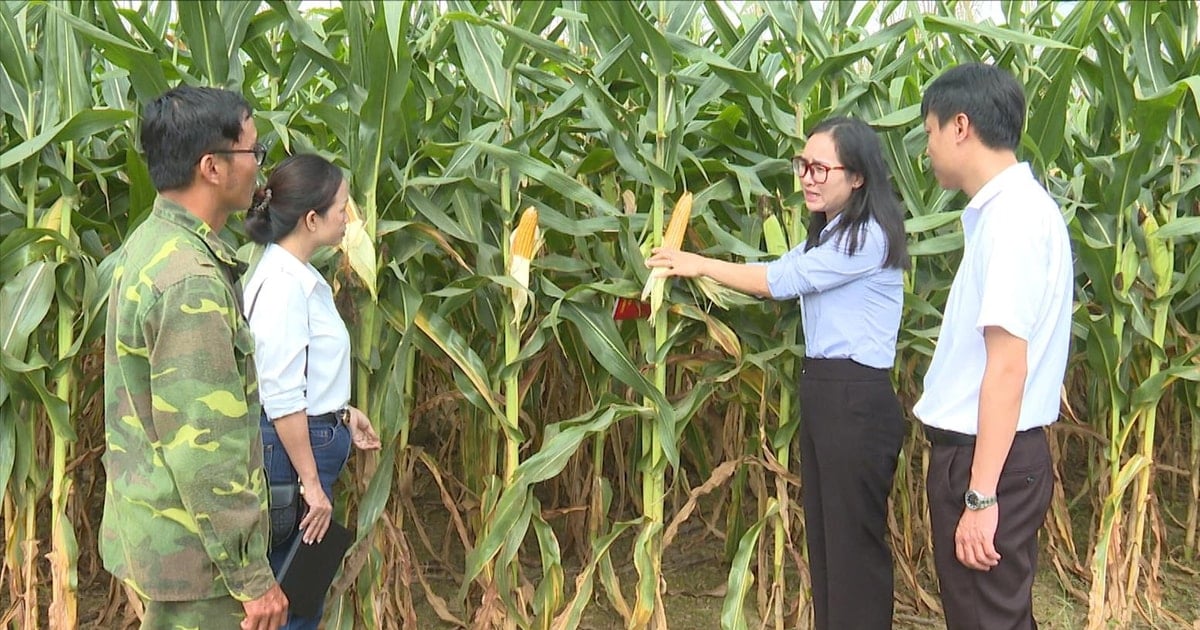

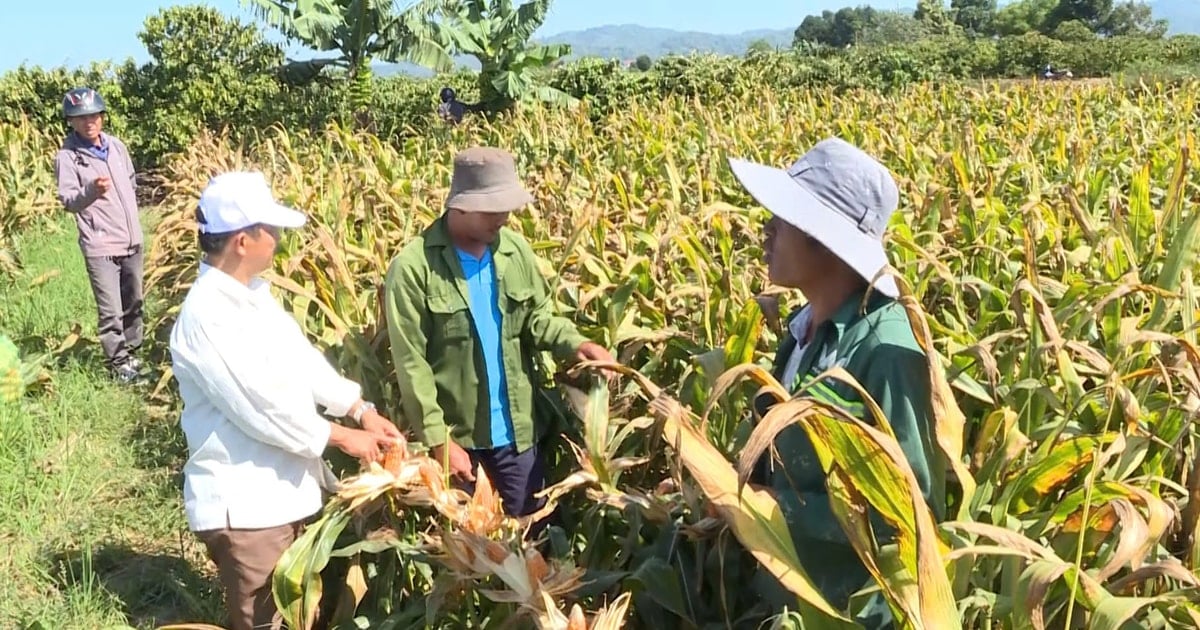




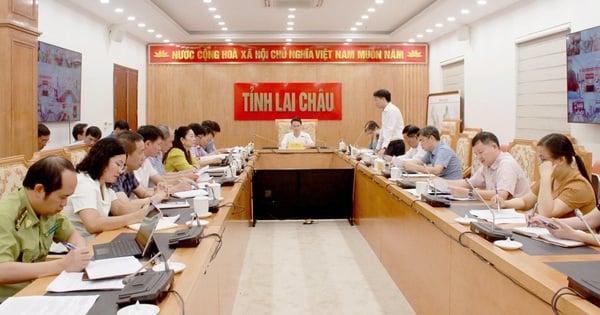


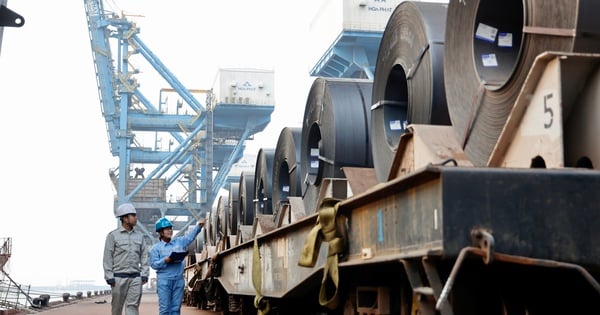






















































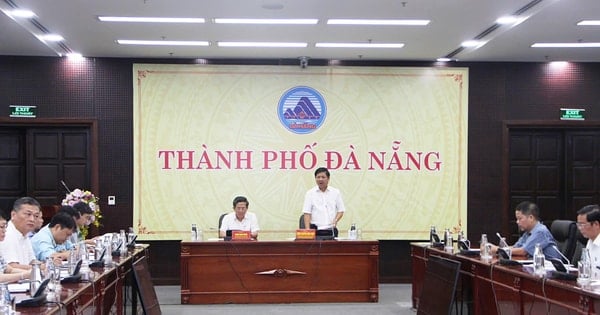

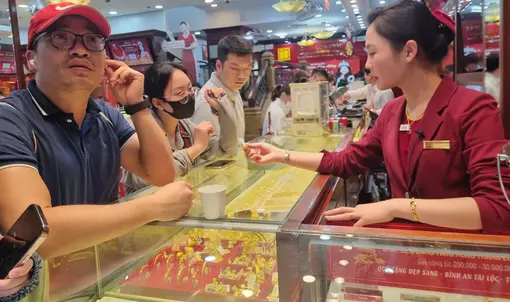

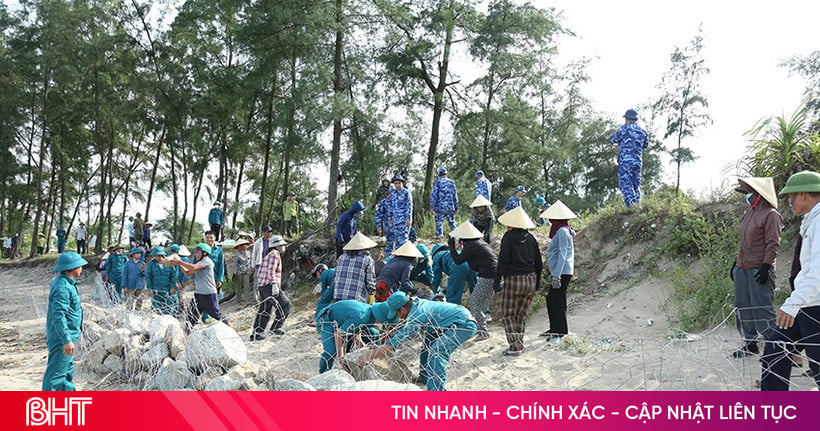

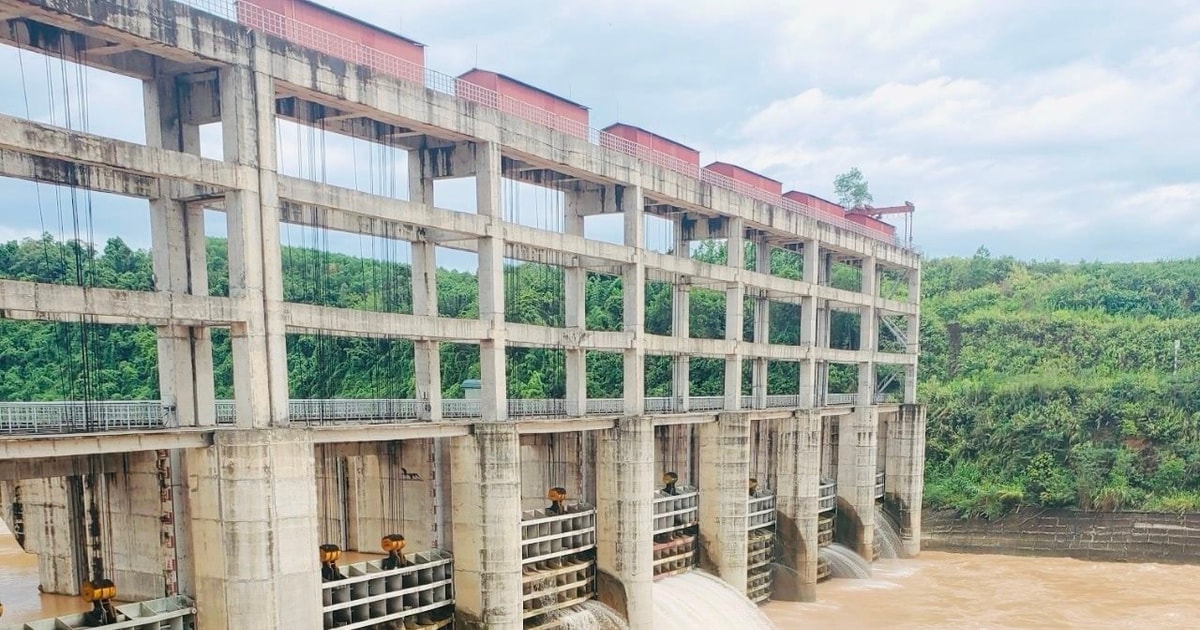

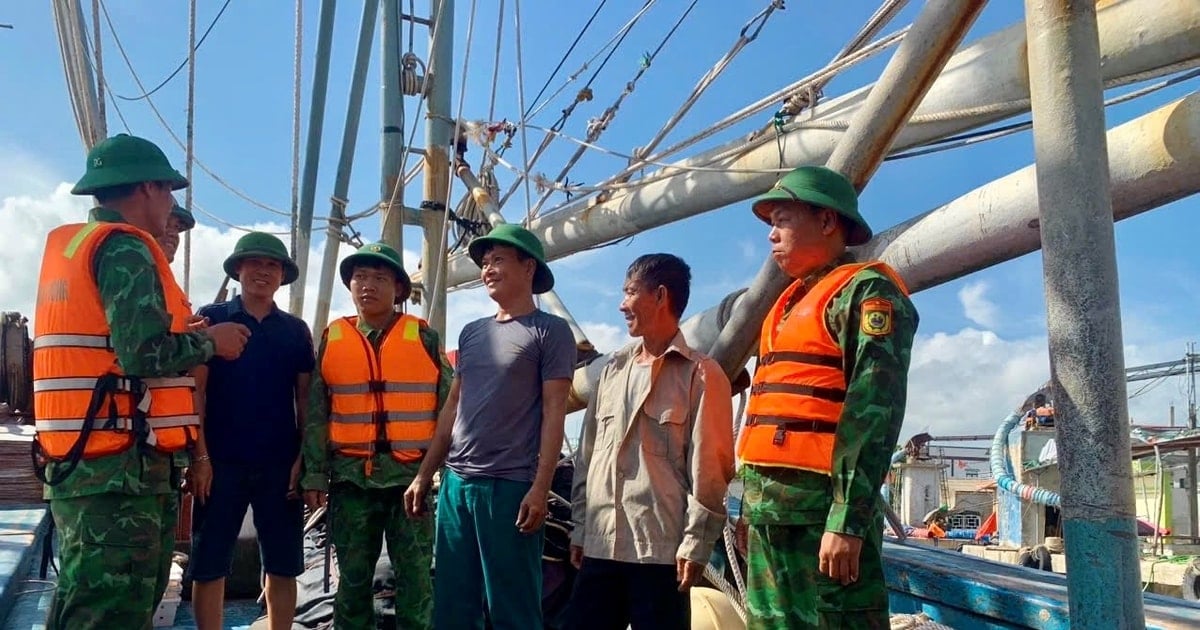
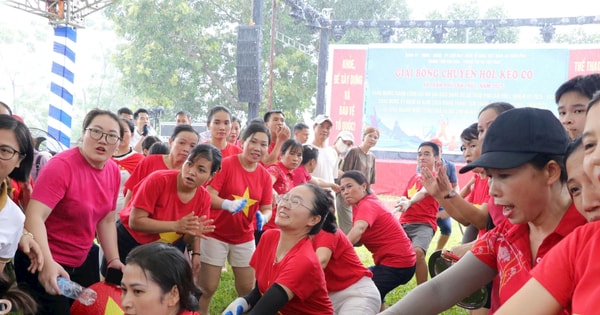













Comment (0)